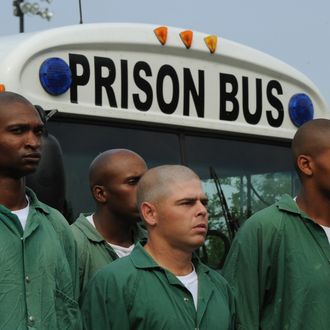
A few weeks ago, I argued that awareness is overrated — even though it feels good to help spread information about a given injustice or threat, it doesn’t always do much to change people’s behavior in a productive way, and can actually have negative consequences if you’re not careful about how you frame the awareness-raising message in question. A new Psychological Science study from Stanford researchers provides a useful example.
The study involved giving a group of white participants information about the United States’ striking racial disparities when it comes to incarceration and then seeing how this information affected their views on relevant issues.
Stanford psychology researchers Rebecca Hetey and Jennifer Eberhardt found that when white people were told about these racial disparities, they reported being more afraid of crime and more likely to support the kinds of punitive policies that exacerbate the racial disparities.
…
“Most people likely assume this must be due to rising crime rates, but the explosion in the prison population is better explained by harsh criminal justice policies,” said Hetey, a postdoctoral scholar and the lead author on the study.
I’m sure I’ve done plenty of tweeting and Facebook-ing on this particular issue; even when you know you’re engaging in lazy online slacktivism, it still feels good to be on the right side of something, and to display your righteousness to your (usually like-minded) friends. But we should acknowledge that there’s a difference between spreading awareness and actually helping to solve a problem.
Eberhardt summed it up nicely. “Our research shows that numbers don’t always speak for themselves,” she said in the press release. “Reducing inequality takes more than simply presenting people with evidence of extreme inequality.”

